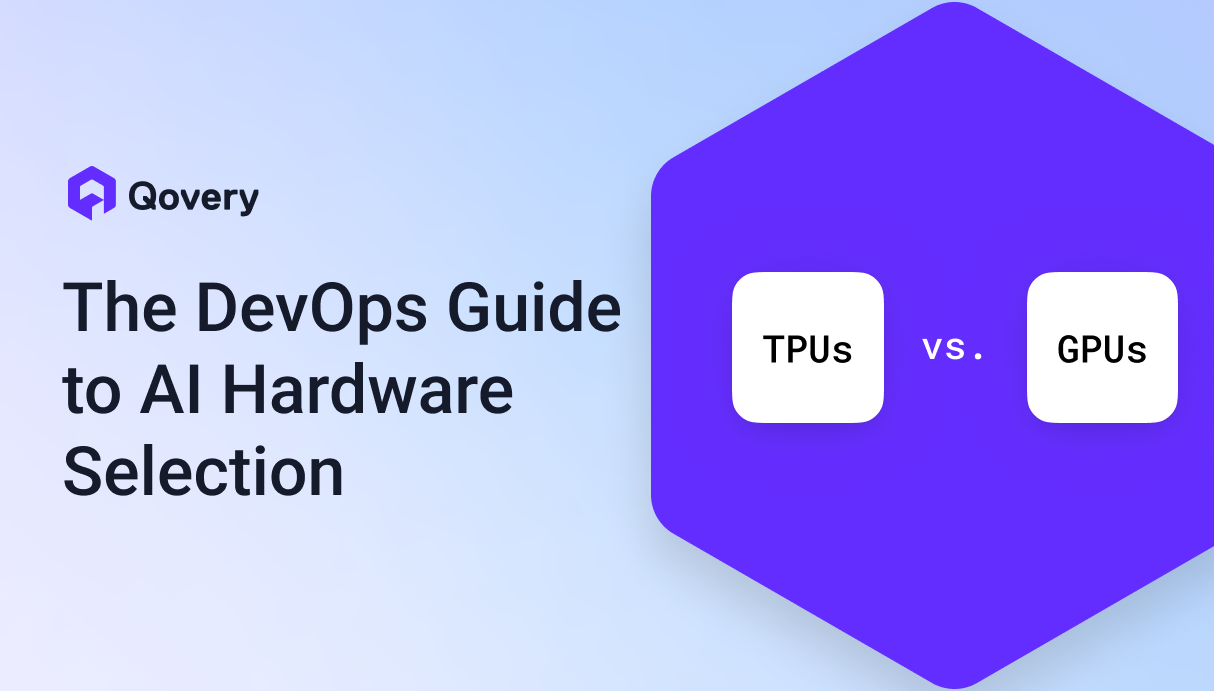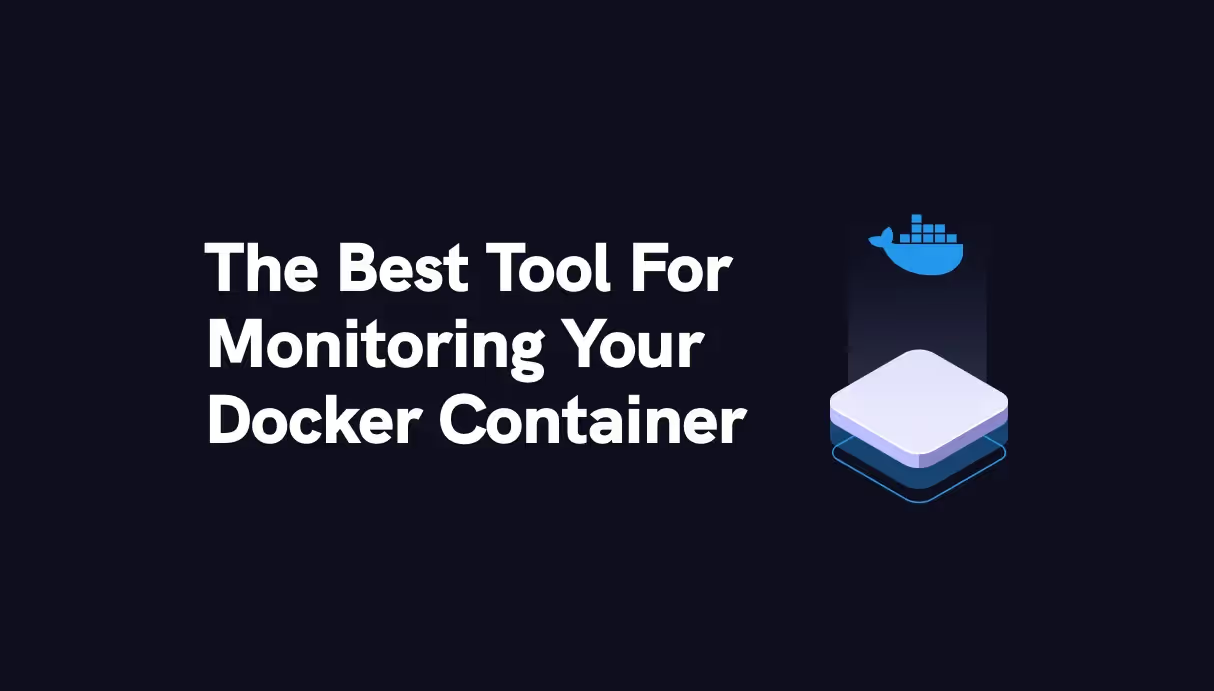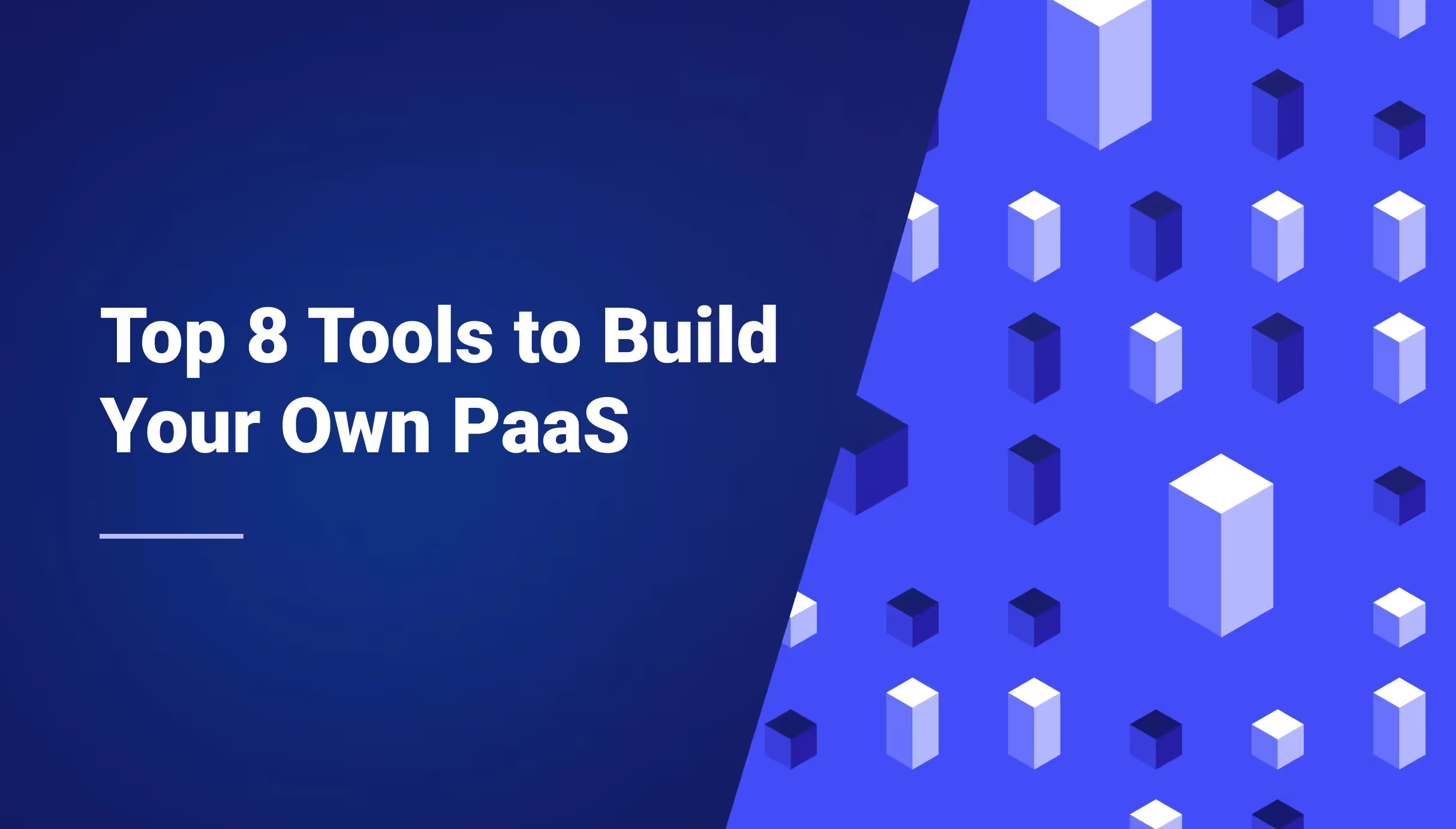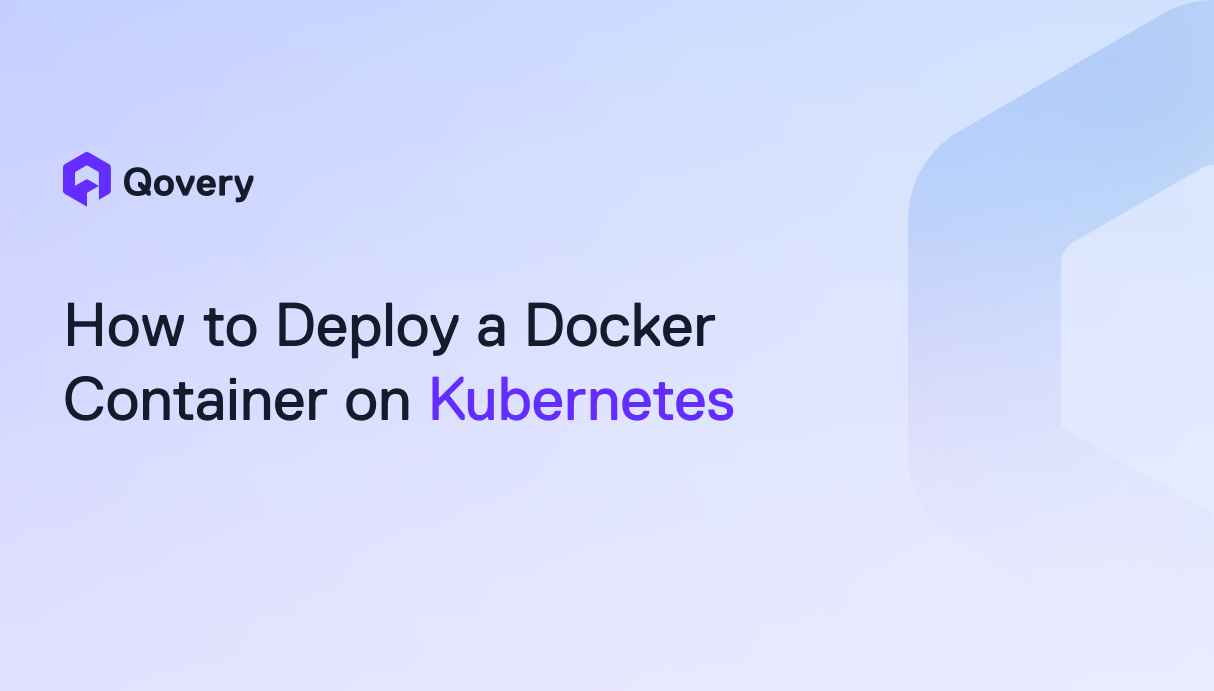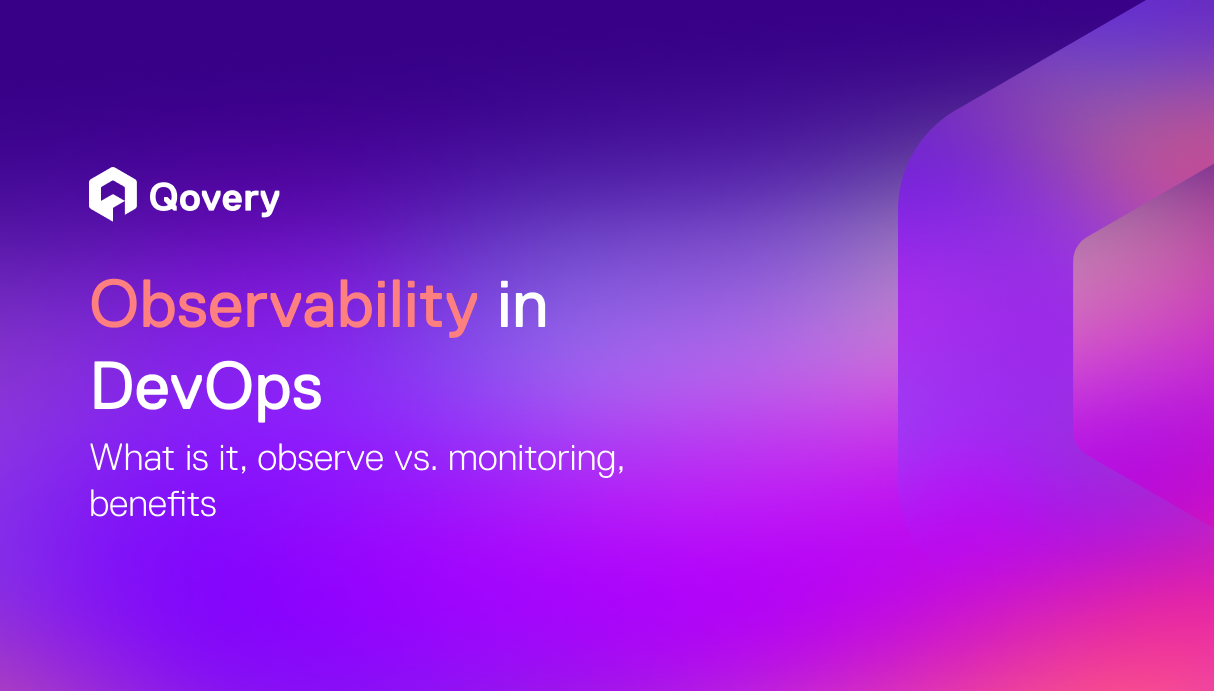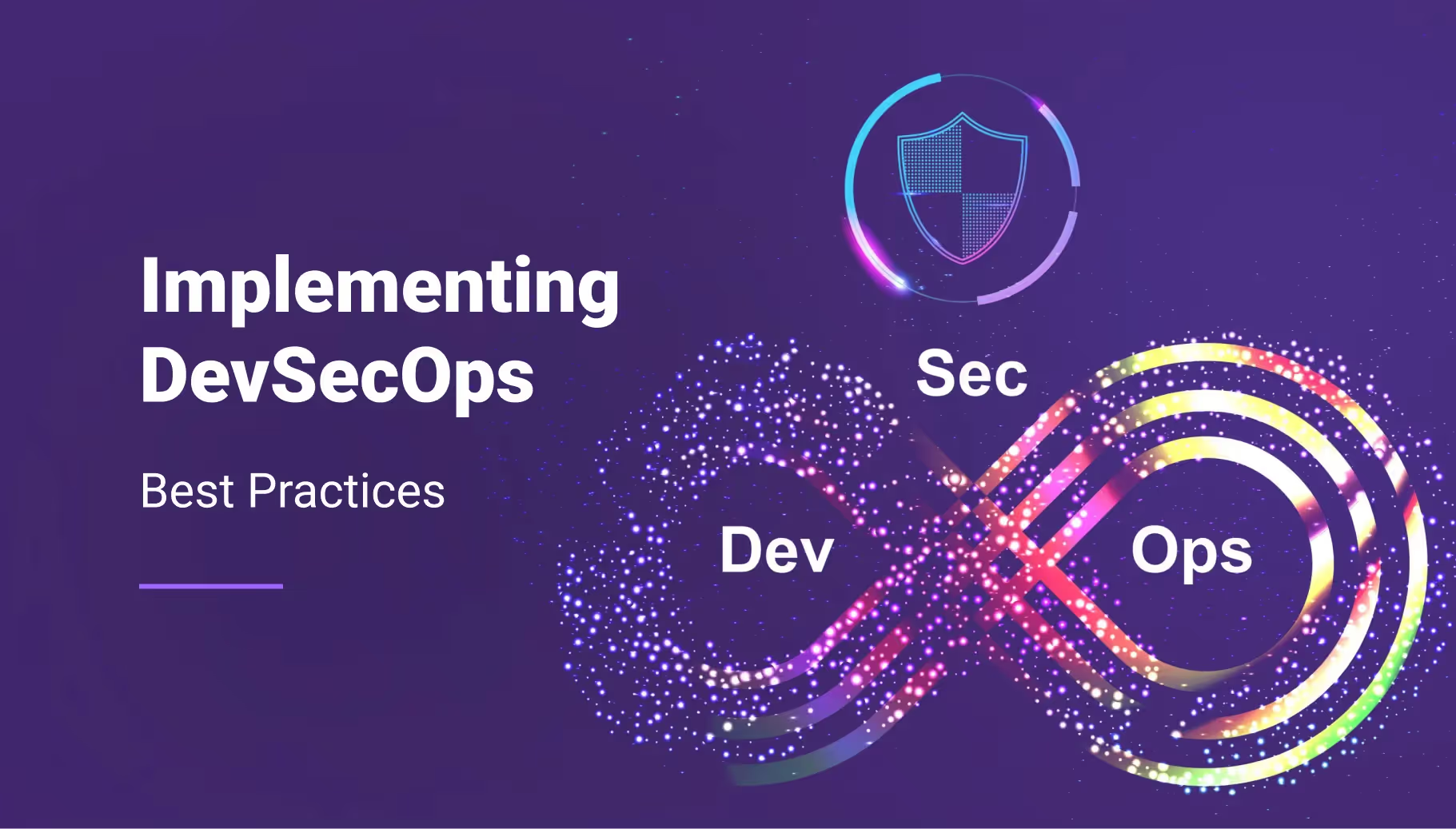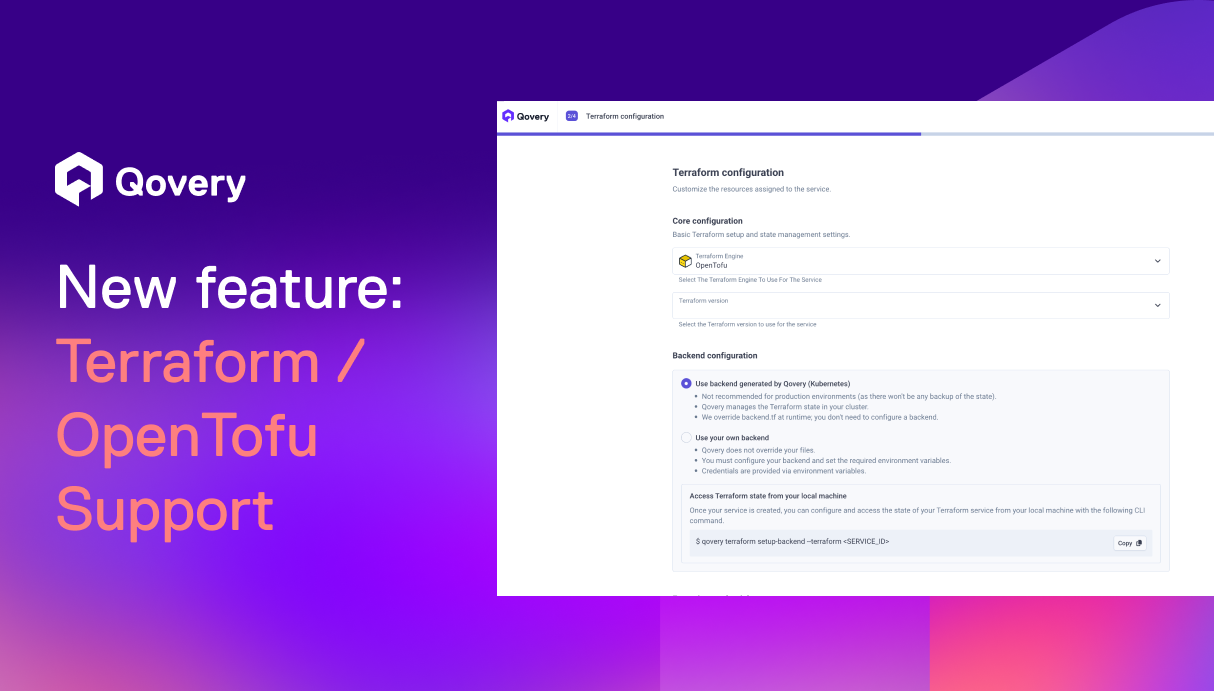


AWS vs GCP vs Azure: Which Cloud Platform is Best for Mid-Size Businesses?

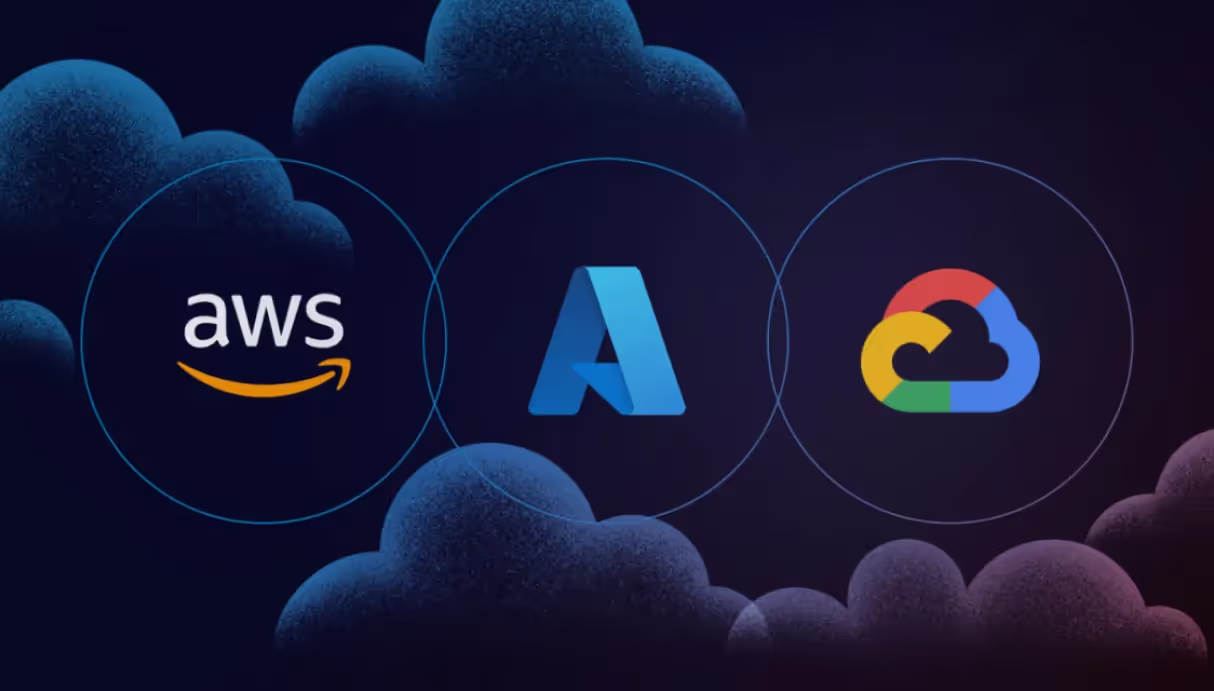

Key Points:
- Each cloud platform offers distinct models, with AWS providing flexible options for diverse workloads, GCP emphasizing transparent pricing and automatic Sustained Use Discounts, and Azure excelling in hybrid solutions and leveraging existing Microsoft licenses for cost savings. Understanding these nuances is crucial for optimizing your budget.
- Mid-sized businesses require strong security and adherence to strict regulations. AWS boasts extensive certifications and granular controls, GCP offers inherent security with encryption by default across its global network, and Azure leads in enterprise regulatory compliance, especially for Microsoft-integrated environments.
- Scalability is vital for growth and efficiency. AWS offers industry-leading scalability for diverse enterprise workloads, GCP excels in modernizing with container-centric solutions, and Azure provides seamless scalability, particularly for businesses deeply integrated with the Microsoft ecosystem and those using hybrid cloud strategies.
Is your mid-sized business grappling with the complexities of cloud adoption, optimization, or strategic migration? With an array of powerful cloud platforms available, discerning which vendor best aligns with your established operations, future growth, and existing infrastructure can be a formidable challenge.
This article will meticulously compare AWS, GCP, and Azure based on pivotal factors such as pricing strategies, robust compliance and security frameworks, comprehensive scalability options, ease of integration and operational management, and their specific advantages for mid-sized enterprises. By the end of this comparison, you will possess a clearer understanding of which cloud platform is the optimal fit for your business's strategic objectives and operational demands.
Cloud Pricing Comparison: AWS vs GCP vs Azure
The financial implications of cloud adoption extend beyond initial setup for mid-sized businesses; they encompass long-term operational costs, optimization strategies, and leveraging existing investments. Each major cloud provider offers distinct pricing philosophies designed to cater to various financial models.
AWS: Flexible Pricing Model for Operational
Efficiency Amazon Web Services (AWS) pioneered the cloud's pay-as-you-go model, providing a highly adaptable approach to billing that scales with consumption, which is ideal for managing variable enterprise workloads. This flexibility allows mid-sized businesses to optimize spending by aligning costs directly with their resource utilization.
- AWS offers a pay-as-you-go model that charges based on the actual resources consumed, making it flexible for managing fluctuating demand across diverse business units. This eliminates the need for substantial upfront capital expenditure on hardware, converting it into a predictable operational expense.
- It also provides spot instances for significantly lower prices when extra capacity is available, which can be ideal for fault-tolerant workloads, batch processing, or development/testing environments, offering substantial cost savings for non-critical tasks.
- Additionally, AWS offers reserved instances and Savings Plans for predictable, long-term workloads. Committing to a specific term (typically one or three years) can result in significant discounts (up to 75%) compared to on-demand pricing, providing cost predictability and substantial savings for stable operations. This layered pricing strategy allows mid-sized enterprises to strategically optimize cloud spend, making it a powerful tool for financial planning and efficiency.
GCP: Transparent Pricing and Sustained Value
Google Cloud Platform (GCP) distinguishes itself with a reputation for straightforward, transparent pricing and highly competitive rates, particularly for its core compute and storage services. This focus on simplicity aims to reduce billing surprises and offer clear cost predictability for ongoing business operations.
- Google Cloud Platform (GCP) stands out with simplified pricing and competitive rates, especially for compute and storage services, often making it a cost-effective choice for many standard and data-intensive workloads.
- Its automatic Sustained Use Discounts reward continuous usage without needing to commit upfront. This means that as your virtual machines run longer within a billing cycle, the per-unit cost automatically decreases, reducing administrative overhead for cost optimization.
- This pricing model is particularly attractive to mid-sized businesses looking for predictable, cost-efficient billing that rewards consistent usage without the complexity of managing explicit commitment contracts for every resource.
Azure: Optimal for Hybrid and Microsoft
Ecosystems Microsoft Azure's pricing also follows a pay-as-you-go model, offering scalability and flexibility for dynamic business needs. However, where Azure truly stands out in terms of cost-effectiveness for many mid-sized and enterprise businesses is through its robust support for hybrid cloud solutions and the ability to leverage existing software investments.
- Microsoft Azure's pricing is also pay-as-you-go, but it outperforms with its hybrid solutions, enabling seamless integration and consistent operations between on-premises infrastructure and the cloud.
- Azure Hybrid Benefit allows mid-sized businesses with existing on-premises Windows Server and SQL Server licenses (with Software Assurance) to save significantly on cloud costs. By migrating these licenses to Azure Virtual Machines or Azure SQL Database, companies can maximize their existing software investments.
- For mid-sized businesses transitioning or scaling, Azure also offers various programs and discounts that can provide substantial financial advantages, particularly when integrating with existing Microsoft enterprise agreements. This makes Azure a compelling choice for businesses with significant existing Microsoft investments looking to extend their IT environment into the cloud efficiently and cost-effectively.
Instance Pricing and Operational Availability
Beyond the general pricing models, the specific cost and availability of various instance types (virtual machine configurations) are crucial for mid-sized businesses seeking to optimize performance, resilience, and cost across their diverse application portfolios.
All three platforms offer a range of instance types, including highly discounted spot instances (for interruptible, batch, or development workloads), reserved instances (for long-term, stable applications), and on-demand options (for maximum flexibility and unpredictable needs) to help with granular cost management.
AWS
AWS typically has the most extensive range of instance types, providing the broadest selection of CPU, memory, storage, and networking configurations. This allows for highly specific workload optimization, crucial for complex enterprise applications.
GCP
GCP tends to offer more consistent pricing, especially for sustained use, due to its automatic discounts. This simplifies cost forecasting and budgeting for consistent operational workloads.
Azure
Azure offers strong options, particularly when integrating Windows-based workloads, leveraging its native compatibility and specialized licensing benefits. This can be a decisive factor for mid-sized companies with a substantial investment in Microsoft enterprise applications. Understanding the nuances of instance pricing and availability is key to selecting a cloud provider that aligns with a business's operational budget, performance requirements, and long-term strategic IT planning.
Compliance and Security
Let's face it, you simply can't cut corners on security or compliance, especially if you're a mid-sized business entrusted with sensitive data.
Luckily, the major cloud providers are on top of this. They've all put in place some pretty smart security features, and they're constantly getting certified to show they meet all sorts of industry-specific requirements.
AWS: Comprehensive Certifications and Granular
Enterprise Controls AWS is widely recognized for its deep security capabilities, extensive global infrastructure, and its commitment to achieving a vast array of compliance certifications, making it a highly trusted platform for even the most stringent enterprise security requirements.
- AWS offers an unmatched variety of compliance certifications, ranging from global standards like ISO 27001, GDPR, and FedRAMP to industry-specific regulations like HIPAA (healthcare), PCI DSS (payments), and SOC 1, 2, & 3. This comprehensive portfolio assures mid-sized businesses they can meet complex regulatory obligations.
- Its Identity and Access Management (IAM) service, alongside robust encryption options available at every layer (data at rest, data in transit), ensures that sensitive data is protected. This provides fine-grained security controls that allow businesses to precisely define who can access what resources, from individuals to applications, and under what conditions, enabling strong internal governance.
- AWS's shared responsibility model provides clarity: AWS secures "of the cloud" (the infrastructure), while customers are responsible for security "in the cloud" (their data, applications, and configurations), allowing for customized security postures.
GCP: Inherent Security and Global Infrastructure
Protection Google Cloud Platform (GCP) leverages Google's unparalleled expertise in securing its global network, embedding robust security measures directly into its core infrastructure and services. This "security by design" approach aims to simplify security management and provide a strong baseline of protection for businesses.
- Google Cloud inherently leverages its global private network and built-in encryption to protect data, benefiting from the same battle-tested security infrastructure that protects Google's own services like Search and Gmail. This provides an immediate, high level of network security.
- GCP also adheres to numerous compliance standards, including ISO 27001, SOC, and GDPR. Its standout security feature is data encryption by default, meaning data is automatically encrypted at rest and in transit without any additional configuration required from the user, reducing the risk of data breaches due to misconfiguration.
- For mid-sized businesses handling sensitive data or seeking simplified security operations, Google’s security-first approach, built upon decades of experience, is highly appealing, reducing the burden of complex security configurations. GCP's integrated security, combined with its globally distributed and resilient network, provides a protected and reliable environment for cloud workloads.
Azure: Leading in Enterprise Regulatory
Compliance Microsoft Azure places a significant emphasis on enterprise-grade security and a comprehensive array of regulatory compliance offerings, making it a favored choice for mid-sized businesses and organizations with strict data governance needs and a strong Microsoft presence.
- Azure excels in regulatory compliance, particularly across enterprise and government sectors, offering a broad set of compliance certifications and attestations (e.g., GDPR, HIPAA, FedRAMP, ISO 27001) that cater to highly regulated industries and international data residency requirements.
- Its Azure Policy tool helps mid-sized businesses enforce compliance requirements, corporate standards, and security best practices easily across their entire cloud infrastructure. This allows for automated checks and remediation of non-compliant resources, ensuring consistent governance.
- Azure also offers seamless integration with existing Microsoft security services like Azure Active Directory (now Microsoft Entra ID) for unified identity management and single sign-on, enhancing security and streamlining access controls for an existing workforce. This strong focus on comprehensive compliance, coupled with integrated management tools and a familiar ecosystem, positions Azure as a reliable choice for mid-sized businesses operating in complex or regulated environments.
Conclusion: Security and Compliance for Established Businesses
The optimal choice for security and compliance for a mid-sized business depends heavily on its specific industry regulations, the sensitivity of its data, its global operational footprint, and existing IT security infrastructure.
- If broad, global compliance coverage and highly granular controls are the most critical factors for your diverse enterprise workloads, AWS offers the deepest and most extensive portfolio.
- Azure stands out in regulatory compliance, especially for mid-sized businesses in highly regulated industries like healthcare, finance, or government, leveraging its strong enterprise heritage and integrated policy enforcement tools that align with existing IT practices.
- GCP may appeal to mid-sized businesses prioritizing inherent, simplified security with encryption by default across its global network, reducing the operational burden of complex security configurations.
Scalability
Scalability is a fundamental requirement for mid-sized businesses, enabling them to efficiently handle increasing user loads, expand into new markets, integrate new applications, and ensure continuous service availability. Each major cloud provider offers distinct strategies and services for achieving high scalability, adaptable to diverse business growth patterns.
AWS: Industry-Leading for Diverse Enterprise Workloads
AWS is often recognized for its industry-leading scalability options, providing an unparalleled breadth of services designed to handle virtually any workload size, from monolithic applications to highly distributed microservices. Its architecture allows for both vertical (resizing instances) and horizontal (adding more instances) scaling with exceptional flexibility.
- Mid-sized businesses can take advantage of services like Auto Scaling Groups, which dynamically adjust compute capacity (e.g., EC2 instances) based on predefined metrics, schedules, or predictive analytics. This ensures applications can automatically handle traffic spikes, seasonal demand, or unexpected surges efficiently, maintaining performance while optimizing costs.
- They can also utilize Elastic Load Balancing to distribute incoming application traffic across multiple targets and Availability Zones, enhancing application fault tolerance and scalability. For comprehensive application management, AWS Elastic Beanstalk provides automated application scaling, simplifying the deployment and management of web applications and services.
- Additionally, AWS offers Lambda for serverless computing, which provides immense flexibility for businesses with variable or event-driven workloads. Code runs only when triggered and scales automatically with demand, meaning mid-sized companies pay only for compute time consumed, ideal for backend APIs, data processing, and IoT applications. AWS's comprehensive suite of scaling tools provides mid-sized businesses with robust capabilities to grow and optimize their infrastructure in line with evolving business demands and diverse application needs.
GCP: Modernization with Container-Centric Scalability
Google Cloud Platform (GCP) truly excels in the realm of containerization and orchestrating microservices, making it a prime choice for mid-sized businesses looking to modernize existing applications or build new cloud-native solutions.
- Google Cloud excels in Kubernetes and container orchestration, leveraging Google's invention of Kubernetes. This makes it ideal for mid-sized businesses focused on developing or migrating to microservices and API-based architectures, which naturally lend themselves to highly scalable, containerized deployments.
- With Google Kubernetes Engine (GKE), a fully managed Kubernetes service, and Cloud Run, a serverless platform for containerized applications, GCP enables businesses to scale containers seamlessly without managing the underlying infrastructure. This significantly reduces operational overhead and accelerates deployment cycles for development teams.
- GCP’s integration with tools like Anthos also makes it easier to manage hybrid cloud deployments, allowing for consistent application deployment, management, and governance across on-premises data centers and multiple cloud environments, supporting complex enterprise IT landscapes. For mid-sized businesses embracing modern, container-first strategies for application modernization and deployment, GCP offers a highly optimized and streamlined path to scalable infrastructure.
Azure: Seamless Scalability for Microsoft-Integrated Environments
Microsoft Azure offers strong and versatile scalability features that are particularly well-suited for mid-sized businesses already operating within or planning to integrate deeply with the Microsoft ecosystem, including existing Windows Server or SQL Server deployments. Azure's offerings span from traditional virtual machines to cutting-edge container and serverless solutions.
- Azure's scalability distinguishes itself through its robust Kubernetes services (Azure Kubernetes Service - AKS) and powerful serverless options (Azure Functions), providing highly performant platforms for deploying and scaling containerized applications and event-driven functions, respectively.
- These services are especially beneficial for mid-sized businesses already heavily invested in the Microsoft ecosystem, as they offer seamless integration with familiar developer tools (like Visual Studio and Azure DevOps) and existing IT management practices.
- Azure also boasts comprehensive support for hybrid cloud deployments, giving mid-sized businesses the flexibility to scale existing applications or integrate new services seamlessly between on-premises environments and the cloud. This is critical for businesses with regulatory requirements or performance needs necessitating on-premises components.
- For businesses with Windows-based workloads or existing Microsoft licenses, Azure’s integrated tools simplify scaling and management, allowing them to leverage existing investments and expertise while expanding into the cloud. Azure's diverse scalability options, coupled with its hybrid capabilities and deep Microsoft integration, make it a powerful choice for holistic enterprise growth and modernization.
Conclusion: Scalability for Enduring Business Needs
The optimal choice for scalability for a mid-sized business largely depends on its existing architectural approach, technology stack, and strategic growth plans, whether it's modernizing legacy systems or building new cloud-native applications.
- AWS is best for mid-sized businesses that need highly customizable scalability and flexibility across a wide range of services, catering to diverse and evolving enterprise workload requirements, often with a need for deep control over infrastructure.
- GCP stands out for mid-sized businesses focusing on modernizing their applications with containers and Kubernetes as a core part of their architecture, offering world-class managed services for these technologies and a strong emphasis on data analytics.
- Azure is the top choice for mid-sized businesses already deeply embedded in the Microsoft ecosystem, especially those leveraging hybrid setups. It provides seamless integration and optimized performance for Microsoft-centric environments, facilitating smoother cloud transitions and expansions.
Ease of Use & Operational Integration
The learning curve and overall ease of operational integration are critical considerations for mid-sized businesses, as they directly impact IT team efficiency, training requirements, and the speed of cloud adoption across existing departments. A platform that is intuitive and reduces operational overhead can significantly accelerate digital transformation and application deployment.
AWS: Robust Yet Requires Dedicated Expertise
AWS, as the most mature and extensive cloud provider, offers an unparalleled breadth and depth of services, making it incredibly powerful for complex enterprise architectures. However, this vastness often translates into a need for specialized skills.
- AWS offers the broadest range of services, which can be both a tremendous strength (providing every possible tool for intricate solutions) and a challenge (requiring significant navigation and understanding to select and configure optimally).
- For mid-sized teams migrating existing infrastructure or building complex new systems without deep prior cloud experience, mastering AWS’s huge variety of options can feel overwhelming. Effectively leveraging its full potential often demands dedicated cloud architects and engineers.
- While it offers maximum flexibility and power for highly customized solutions, the learning curve can be steep, particularly for teams new to cloud computing, potentially requiring substantial investment in upskilling existing IT staff or hiring specialized talent. Mastering AWS often requires dedicated time and resources, making it more suitable for businesses with existing cloud expertise or a strategic willingness to invest in comprehensive training and specialized hiring.
GCP: Streamlined for Developer Productivity Google
Cloud Platform (GCP) is often praised for its clean, intuitive user interface and a more opinionated approach to its services, which can greatly benefit mid-sized businesses prioritizing developer productivity and streamlined operations.
If your mid-sized business prefers a user-friendly interface and cohesive services that simplify cloud management, GCP is often considered the best option. It provides a less cluttered and more intuitive experience compared to its competitors, reducing operational friction.
- GCP emphasizes simplicity, with fewer services that are tightly integrated and easier to manage, significantly reducing the decision fatigue and configuration complexity often associated with multi-service cloud deployments.
- This results in a lower overall learning curve for existing IT teams compared to AWS, as professionals can more quickly grasp the core concepts and begin deploying applications, accelerating project timelines.
- GCP makes it easier for development and operations teams to get started and experiment without being overwhelmed by choices, fostering a faster iteration cycle for product development and continuous delivery initiatives.
Azure: Familiarity for Microsoft-Centric
Organizations Microsoft Azure provides a cloud experience that feels inherently familiar to developers and IT professionals accustomed to Microsoft's extensive ecosystem, significantly easing the transition to cloud computing for many mid-sized organizations with existing Microsoft investments.
- Azure’s deep integrations with common Microsoft tools such as Visual Studio, Azure DevOps, and Azure Active Directory (now Microsoft Entra ID) for identity management make it inherently easy to use for developers and IT professionals already familiar with the Microsoft ecosystem.
- This familiarity reduces the cognitive load and allows existing IT teams to leverage their current skills, tools, and knowledge seamlessly within the cloud environment, minimizing disruption during migration or expansion.
- For mid-sized businesses already using Microsoft development environments, productivity suites (like Microsoft 365), or server technologies (like Windows Server and SQL Server), Azure not only provides a familiar experience but also significantly reduces the learning curve and training costs, enabling quicker adoption and sustained productivity. Azure's strong ties to Microsoft's developer and enterprise tools offer a smooth onboarding process and operational continuity for a large segment of the mid-sized business market.
Conclusion: Operational Efficiency and Learning Curve
The optimal choice for security and compliance for a mid-sized business depends heavily on its specific industry regulations, the sensitivity of its data, its global operational footprint, and existing IT security infrastructure.
- If broad, global compliance coverage and highly granular controls are the most critical factors for your diverse enterprise workloads, AWS offers the deepest and most extensive portfolio.
- Azure stands out in regulatory compliance, especially for mid-sized businesses in highly regulated industries like healthcare, finance, or government, leveraging its strong enterprise heritage and integrated policy enforcement tools that align with existing IT practices.
- GCP may appeal to mid-sized businesses prioritizing inherent, simplified security with encryption by default across its global network, reducing the operational burden of complex security configurations.
Scalability
Scalability is a fundamental requirement for mid-sized businesses, enabling them to efficiently handle increasing user loads, expand into new markets, integrate new applications, and ensure continuous service availability.
Each major cloud provider offers distinct strategies and services for achieving high scalability, adaptable to diverse business growth patterns.
AWS: Industry-Leading for Diverse Enterprise Workloads
AWS is often recognized for its industry-leading scalability options, providing an unparalleled breadth of services designed to handle virtually any workload size, from monolithic applications to highly distributed microservices. Its architecture allows for both vertical (resizing instances) and horizontal (adding more instances) scaling with exceptional flexibility.
- Mid-sized businesses can take advantage of services like Auto Scaling Groups, which dynamically adjust compute capacity (e.g., EC2 instances) based on predefined metrics, schedules, or predictive analytics. This ensures applications can automatically handle traffic spikes, seasonal demand, or unexpected surges efficiently, maintaining performance while optimizing costs.
- They can also utilize Elastic Load Balancing to distribute incoming application traffic across multiple targets and Availability Zones, enhancing application fault tolerance and scalability. For comprehensive application management, AWS Elastic Beanstalk provides automated application scaling, simplifying the deployment and management of web applications and services.
- Additionally, AWS offers Lambda for serverless computing, which provides immense flexibility for businesses with variable or event-driven workloads. Code runs only when triggered and scales automatically with demand, meaning mid-sized companies pay only for compute time consumed, ideal for backend APIs, data processing, and IoT applications.
- AWS's comprehensive suite of scaling tools provides mid-sized businesses with robust capabilities to grow and optimize their infrastructure in line with evolving business demands and diverse application needs.
GCP: Modernization with Container-Centric Scalability
Google Cloud Platform (GCP) truly excels in the realm of containerization and orchestrating microservices, making it a prime choice for mid-sized businesses looking to modernize existing applications or build new cloud-native solutions.
- Google Cloud excels in Kubernetes and container orchestration, leveraging Google's invention of Kubernetes. This makes it ideal for mid-sized businesses focused on developing or migrating to microservices and API-based architectures, which naturally lend themselves to highly scalable, containerized deployments.
- With Google Kubernetes Engine (GKE), a fully managed Kubernetes service, and Cloud Run, a serverless platform for containerized applications, GCP enables businesses to scale containers seamlessly without managing the underlying infrastructure. This significantly reduces operational overhead and accelerates deployment cycles for development teams.
- GCP’s integration with tools like Anthos also makes it easier to manage hybrid cloud deployments, allowing for consistent application deployment, management, and governance across on-premises data centers and multiple cloud environments, supporting complex enterprise IT landscapes.
- For mid-sized businesses embracing modern, container-first strategies for application modernization and deployment, GCP offers a highly optimized and streamlined path to scalable infrastructure.
Azure: Seamless Scalability for Microsoft-Integrated Environments
Microsoft Azure offers strong and versatile scalability features that are particularly well-suited for mid-sized businesses already operating within or planning to integrate deeply with the Microsoft ecosystem, including existing Windows Server or SQL Server deployments. Azure's offerings span from traditional virtual machines to cutting-edge container and serverless solutions.
- Azure's scalability distinguishes itself through its robust Kubernetes services (Azure Kubernetes Service - AKS) and powerful serverless options (Azure Functions), providing highly performant platforms for deploying and scaling containerized applications and event-driven functions, respectively.
- These services are especially beneficial for mid-sized businesses already heavily invested in the Microsoft ecosystem, as they offer seamless integration with familiar developer tools (like Visual Studio and Azure DevOps) and existing IT management practices.
- Azure also boasts comprehensive support for hybrid cloud deployments, giving mid-sized businesses the flexibility to scale existing applications or integrate new services seamlessly between on-premises environments and the cloud. This is critical for businesses with regulatory requirements or performance needs necessitating on-premises components.
- For businesses with Windows-based workloads or existing Microsoft licenses, Azure’s integrated tools simplify scaling and management, allowing them to leverage existing investments and expertise while expanding into the cloud.
- Azure's diverse scalability options, coupled with its hybrid capabilities and deep Microsoft integration, make it a powerful choice for holistic enterprise growth and modernization.
Conclusion: Scalability for Enduring Business Needs
The optimal choice for scalability for a mid-sized business largely depends on its existing architectural approach, technology stack, and strategic growth plans, whether it's modernizing legacy systems or building new cloud-native applications.
- AWS is best for mid-sized businesses that need highly customizable scalability and flexibility across a wide range of services, catering to diverse and evolving enterprise workload requirements, often with a need for deep control over infrastructure.
- GCP stands out for mid-sized businesses focusing on modernizing their applications with containers and Kubernetes as a core part of their architecture, offering world-class managed services for these technologies and a strong emphasis on data analytics.
- Azure is the top choice for mid-sized businesses already deeply embedded in the Microsoft ecosystem, especially those leveraging hybrid setups. It provides seamless integration and optimized performance for Microsoft-centric environments, facilitating smoother cloud transitions and expansions.
Ease of Use & Operational Integration
The learning curve and overall ease of operational integration are critical considerations for mid-sized businesses, as they directly impact IT team efficiency, training requirements, and the speed of cloud adoption across existing departments. A platform that is intuitive and reduces operational overhead can significantly accelerate digital transformation and application deployment.
AWS: Robust Yet Requires Dedicated Expertise
AWS, as the most mature and extensive cloud provider, offers an unparalleled breadth and depth of services, making it incredibly powerful for complex enterprise architectures. However, this vastness often translates into a need for specialized skills.
- AWS offers the broadest range of services, which can be both a tremendous strength (providing every possible tool for intricate solutions) and a challenge (requiring significant navigation and understanding to select and configure optimally).
- For mid-sized teams migrating existing infrastructure or building complex new systems without deep prior cloud experience, mastering AWS’s huge variety of options can feel overwhelming. Effectively leveraging its full potential often demands dedicated cloud architects and engineers.
- While it offers maximum flexibility and power for highly customized solutions, the learning curve can be steep, particularly for teams new to cloud computing, potentially requiring substantial investment in upskilling existing IT staff or hiring specialized talent.
- Mastering AWS often requires dedicated time and resources, making it more suitable for businesses with existing cloud expertise or a strategic willingness to invest in comprehensive training and specialized hiring.
GCP: Streamlined for Developer Productivity
Google Cloud Platform (GCP) is often praised for its clean, intuitive user interface and a more opinionated approach to its services, which can greatly benefit mid-sized businesses prioritizing developer productivity and streamlined operations.
- If your mid-sized business prefers a user-friendly interface and cohesive services that simplify cloud management, GCP is often considered the best option. It provides a less cluttered and more intuitive experience compared to its competitors, reducing operational friction.
- GCP emphasizes simplicity, with fewer services that are tightly integrated and easier to manage, significantly reducing the decision fatigue and configuration complexity often associated with multi-service cloud deployments.
- This results in a lower overall learning curve for existing IT teams compared to AWS, as professionals can more quickly grasp the core concepts and begin deploying applications, accelerating project timelines.
- GCP makes it easier for development and operations teams to get started and experiment without being overwhelmed by choices, fostering a faster iteration cycle for product development and continuous delivery initiatives.
Azure: Familiarity for Microsoft-Centric Organizations
Microsoft Azure provides a cloud experience that feels inherently familiar to developers and IT professionals accustomed to Microsoft's extensive ecosystem, significantly easing the transition to cloud computing for many mid-sized organizations with existing Microsoft investments.
- Azure’s deep integrations with common Microsoft tools such as Visual Studio, Azure DevOps, and Azure Active Directory (now Microsoft Entra ID) for identity management make it inherently easy to use for developers and IT professionals already familiar with the Microsoft ecosystem.
- This familiarity reduces the cognitive load and allows existing IT teams to leverage their current skills, tools, and knowledge seamlessly within the cloud environment, minimizing disruption during migration or expansion.
- For mid-sized businesses already using Microsoft development environments, productivity suites (like Microsoft 365), or server technologies (like Windows Server and SQL Server), Azure not only provides a familiar experience but also significantly reduces the learning curve and training costs, enabling quicker adoption and sustained productivity.
- Azure's strong ties to Microsoft's developer and enterprise tools offer a smooth onboarding process and operational continuity for a large segment of the mid-sized business market.
Conclusion: Operational Efficiency and Learning Curve
The ease of use and operational integration are critical for mid-sized businesses, directly impacting their speed of digital transformation, team efficiency, and overall return on cloud investment.
- AWS offers the most options and unparalleled flexibility but may require significant investment in specialized training or hiring for mid-sized teams without deep existing cloud experience.
- GCP is ideal for mid-sized businesses prioritizing simplicity, intuitive interfaces, and a shorter learning curve, allowing teams to quickly leverage cloud-native services and accelerate innovation.
- Azure is the best fit for mid-sized businesses already leveraging Microsoft tools and infrastructure, as its deep integrations simplify adoption, reduce the learning curve, and enable seamless extension of existing infrastructure into the cloud.
Core Strengths of Each Platform
Understanding the unique core strengths of each cloud platform is crucial for mid-sized businesses to make an informed decision that aligns with their strategic objectives, existing IT capabilities, and long-term growth plans.
AWS
AWS (Amazon Web Services) holds the largest market share and is renowned for its vast array of services, extensive global reach, and a highly mature ecosystem. Its flexibility and depth make it a powerful choice for complex, highly customized enterprise workloads.
- AWS is best suited for mid-sized businesses with experienced engineering teams or those willing to invest in building such expertise. Its vast ecosystem provides a wide array of services, allowing for highly tailored solutions.
- It offers advanced services like AWS Lambda for serverless computing, enabling highly scalable and cost-efficient event-driven architectures, and AppSync for GraphQL APIs, simplifying data access for modern web and mobile applications across various data sources.
- Businesses needing granular control over infrastructure, specialized services, or the ability to build highly customized, unique cloud environments will benefit the most from AWS due to its unparalleled configuration options.
- Its maturity and depth make it the go-to platform for scaling complex systems and handling diverse, demanding enterprise workloads. However, navigating its complexity and optimizing its vast offerings requires a higher level of expertise, which can be a consideration for teams with limited specialized cloud staff.
GCP
Google Cloud Platform (GCP) distinguishes itself through its strong foundation in open-source technologies, world-leading data analytics and AI/ML capabilities, and a streamlined, developer-centric experience, particularly excelling in containerized and serverless deployments.
- Great for mid-sized businesses focused on modernizing their application architectures with HTTP APIs and microservices, as GCP's services are often designed for efficient development, deployment, and scaling of these cloud-native patterns.
- It significantly simplifies containerized workloads with Google Kubernetes Engine (GKE), a best-in-class fully managed Kubernetes service, and serverless options like Cloud Run, allowing businesses to deploy scalable applications without managing underlying infrastructure complexities.
- GCP often presents a lower learning curve compared to AWS, making it easier for mid-sized teams to adopt and achieve productivity quickly, reducing time-to-market for new features and applications.
- Its emphasis on ease of use, powerful data capabilities, and strong support for cloud-native patterns makes GCP an excellent choice for agile mid-sized businesses looking to innovate and leverage data for competitive advantage.
Azure
Microsoft Azure leverages its deep roots in enterprise software and services, offering robust cloud solutions that integrate seamlessly with existing Microsoft technologies and on-premises infrastructure. It is particularly strong for hybrid cloud scenarios and organizations with a significant Microsoft footprint.
- Strong in managing complex data workflows, Azure provides a comprehensive suite of data services, from fully managed relational databases (like Azure SQL Database) to big data analytics platforms (Azure Synapse Analytics) and AI/ML services, all designed to integrate well with enterprise data strategies.
- Ideal for mid-sized businesses using Microsoft tools like Visual Studio, .NET, SQL Server, and Active Directory, as Azure provides native integrations and optimized performance for these technologies, allowing teams to extend their familiar development and IT operations into the cloud.
- Offers extensive hybrid cloud capabilities with services like Azure Arc (for managing resources across environments), Azure Functions (serverless compute), and Azure Kubernetes Service (AKS), providing seamless scalability and consistent management across on-premises and cloud environments.
- Suitable for businesses integrating on-premises and cloud environments, allowing for a gradual, managed transition to the cloud or maintaining specific workloads on-premises due to compliance, performance, or existing investment considerations.
- Azure's strength lies in its enterprise-grade capabilities, its ability to extend and modernize existing investments into the cloud, and its comprehensive support for hybrid architectures.
Mid-sized businesses should align their cloud platform choice with their technical needs, existing infrastructure, team expertise, and long-term strategic goals.
- AWS is optimal for experienced teams seeking ultimate flexibility and control over diverse, complex workloads.
- GCP works best for businesses prioritizing data-driven innovation, simplicity, and modernizing with containerized architectures.
- Azure is the right fit for those managing complex data, leveraging hybrid cloud models, and with significant investments in Microsoft tools and technologies.
Choosing the Right Cloud for Your Mid-Sized Business
When making the pivotal decision of selecting or expanding a cloud platform, mid-sized businesses must carefully consider their existing IT landscape, projected growth, workforce capabilities, and strategic objectives. The optimal choice will directly impact operational efficiency, cost management, and long-term technological agility.
AWS: For Extensive Customization and High-Performance Workloads
AWS is exceptionally well-suited for mid-sized businesses that demand unparalleled flexibility, deep customization, and the ability to handle the most demanding, high-performance workloads. It's often the choice for those with established, capable IT teams.
- Ideal for mid-sized businesses requiring extensive customization and fine-grained control over their cloud infrastructure, allowing for highly optimized and specialized deployments that meet unique operational demands.
- Provides a robust platform for high-performance computing, large-scale data processing (big data analytics), and other resource-intensive enterprise applications, capable of handling significant scale and complex architectural patterns.
- Benefits from the largest and most mature ecosystem, offering a vast array of services and a wide talent pool of engineers familiar with its infrastructure, which supports scaling operations, filling skill gaps, and integrating specialized solutions.
Choosing AWS means embracing a powerful, adaptable environment that rewards in-depth technical expertise and a strategic approach to cloud architecture.
GCP: For Data-Driven Modernization and Streamlined Operations
Google Cloud Platform offers a compelling solution for mid-sized businesses looking to leverage data for competitive advantage and streamline their modernization efforts, particularly through cloud-native approaches.
- Great for mid-sized businesses seeking a streamlined and cohesive set of services, which can significantly reduce operational complexity for IT teams, allowing them to focus on innovation and value-added activities rather than infrastructure management.
- Highly effective for data-intensive workloads, leveraging Google's inherent strengths in data analytics (e.g., BigQuery for petabyte-scale data warehousing), machine learning (e.g., Vertex AI for building and deploying ML models), and artificial intelligence, driving better business intelligence and actionable insights.
- Ideal for businesses aiming to modernize their application portfolio by embracing containerized (Kubernetes) and serverless architectures, with GCP providing leading managed services in these areas that simplify deployment and scaling.
GCP empowers mid-sized companies to accelerate their digital transformation by simplifying modern development and unlocking the power of data.
Azure: For Deep Microsoft Integration and Hybrid Cloud Strategies
Azure's extensive toolset and seamless integration with Microsoft products make it an excellent choice for mid-sized businesses managing complex IT environments, especially those with significant investments in Microsoft technologies or requiring robust hybrid cloud capabilities.
- Best for mid-sized businesses handling complex data workflows and enterprise applications, leveraging Azure's comprehensive data platform and strong support for traditional enterprise workloads (e.g., SQL Server, SharePoint) in a cloud environment.
- Features strong integration with Microsoft tools and services like Visual Studio, Azure DevOps, Microsoft Entra ID (for identity management), SQL Server, and .NET, which provides a familiar and productive environment for existing IT staff, minimizing retraining.
- Offers unparalleled hybrid cloud capabilities for mid-sized businesses managing both cloud and on-premises resources, enabling consistent governance, unified management, and seamless workload migration across diverse environments.
Azure is the go-to for organizations that need a powerful cloud platform that works in harmony with their existing Microsoft-centric infrastructure and strategy, facilitating a smooth transition and operational consistency.
Cost Optimization for Mid-Sized Businesses
For mid-sized businesses, cost control is not just about initial savings but about long-term financial predictability, maximizing ROI from cloud investments, and strategically managing a multi-faceted IT budget. Each platform offers distinct avenues for optimization.
- AWS offers flexible pricing but demands careful, proactive cost management and active optimization. While its pay-as-go model is versatile, unexpected charges can accumulate if resources are not continuously monitored, rightsized, and optimized through services like AWS Cost Explorer, Reserved Instances, and Savings Plans. Continuous vigilance is key.
- GCP is competitively priced, especially for containerized workloads and data analytics, with its automatic Sustained Use Discounts often leading to predictable and lower costs for consistent operational usage without requiring manual commitment management. This simplifies budgeting for predictable workloads.
- Azure tends to be highly cost-effective for mid-sized businesses already using Microsoft products due to its powerful Azure Hybrid Benefit, which allows for leveraging existing on-premises licenses (Windows Server, SQL Server) to significantly reduce cloud compute and database costs. This can translate into substantial savings for companies with existing Microsoft investments.
Ultimately, achieving robust cost efficiency on any platform hinges on diligent monitoring, proactive resource optimization, leveraging platform-specific discount mechanisms, and a clear understanding of the Total Cost of Ownership (TCO) over time.
#The Qovery Advantage
Navigating the complexities of multi-cloud infrastructure deployment and management can be a significant challenge for mid-sized businesses seeking to modernize their IT operations while maintaining efficiency. Qovery emerges as a strategic solution designed to simplify this landscape, offering a crucial layer of automation and abstraction.
Qovery is a DevOps automation tool that streamlines cloud infrastructure deployment and management for businesses. It provides a unified interface to manage resources across AWS, GCP, and Azure, aiming to reduce the operational burden on IT teams, accelerate application delivery, and ensure consistency across diverse cloud environments.
Benefits of Using Qovery for Mid-Sized Businesses
Qovery offers several compelling advantages specifically tailored to the needs and operational demands of established mid-sized businesses.
- Unified Cloud Management: Provides a single control plane for managing resources and applications across multiple cloud providers. This reduces the complexity of learning and operating disparate cloud consoles, making multi-cloud strategies more feasible and easier to manage for growing IT teams, and potentially avoiding vendor lock-in.
- Simplified Deployment for Existing Teams: Automates complex cloud environment setup, from infrastructure provisioning to continuous application deployment. This allows mid-sized teams to save significant time and effort that would otherwise be spent on intricate infrastructure configuration and maintenance, freeing up valuable engineering resources to focus on core business innovation.
- Enhanced Cost Optimization: Offers robust insights into cloud spending and enables automated scaling capabilities to minimize cloud expenditures. This ensures that mid-sized businesses only pay for the resources they truly need, preventing costly over-provisioning and idle resources, thereby improving budgetary control and maximizing ROI.
- Accelerated Time-to-Market: By streamlining cloud management, automating deployment processes, and providing consistent environments, Qovery enables businesses to launch new features, modernize existing applications, and deploy products faster. This accelerates their innovation cycles and improves responsiveness to market demands, a critical competitive advantage.
- Focus on Core Business & Modernization: Allows mid-sized businesses to shift their engineering focus from operational overhead and complex cloud infrastructure management to developing core product features, modernizing existing applications, and driving innovation. This is crucial for maintaining agility and competitiveness in a dynamic market.
Qovery acts as an intelligent layer that significantly enhances developer productivity and reduces the typical DevOps burden for mid-sized businesses operating in a multi-cloud or hybrid environment.
Conclusion
Choosing the right cloud platform among AWS, GCP, and Azure is a strategic decision for any mid-sized business, deeply impacting operations, costs, and future growth. Each platform brings unique strengths: AWS offers unparalleled flexibility and a vast ecosystem for complex needs, GCP excels in simplicity and modern containerized workloads, while Azure provides deep integration with Microsoft technologies and robust hybrid cloud capabilities.
Your best fit hinges on your current infrastructure, team expertise, budget, compliance needs, and growth strategy. If the cloud still seems overwhelming, remember our experts at Qovery are here to help. Don't hesitate to reach out for personalized advice tailored to your mid-sized business.
Qovery also offers a unified platform to simplify deploying and managing applications across AWS, GCP, and Azure, streamlining your cloud operations so you can focus on driving business growth and innovation.
Ready to modernize your workflow?
- 🚀 Sign up for Qovery’s trial.
- 📅 Book a demo to discuss how Qovery can accelerate deployments for your team.

Suggested articles
.webp)



.svg)
.svg)
.svg)
